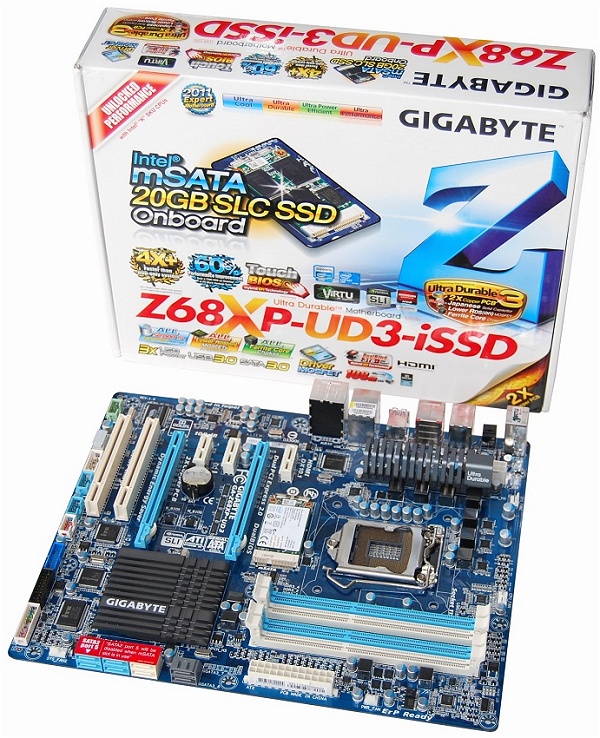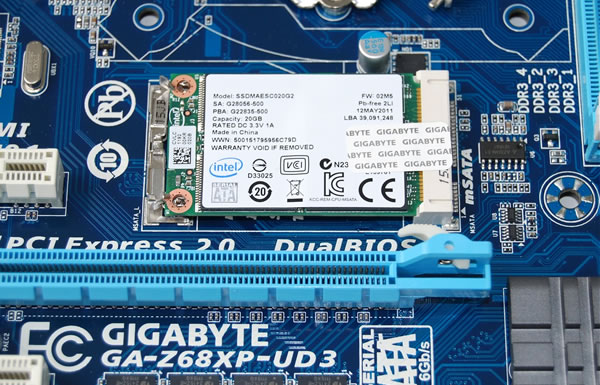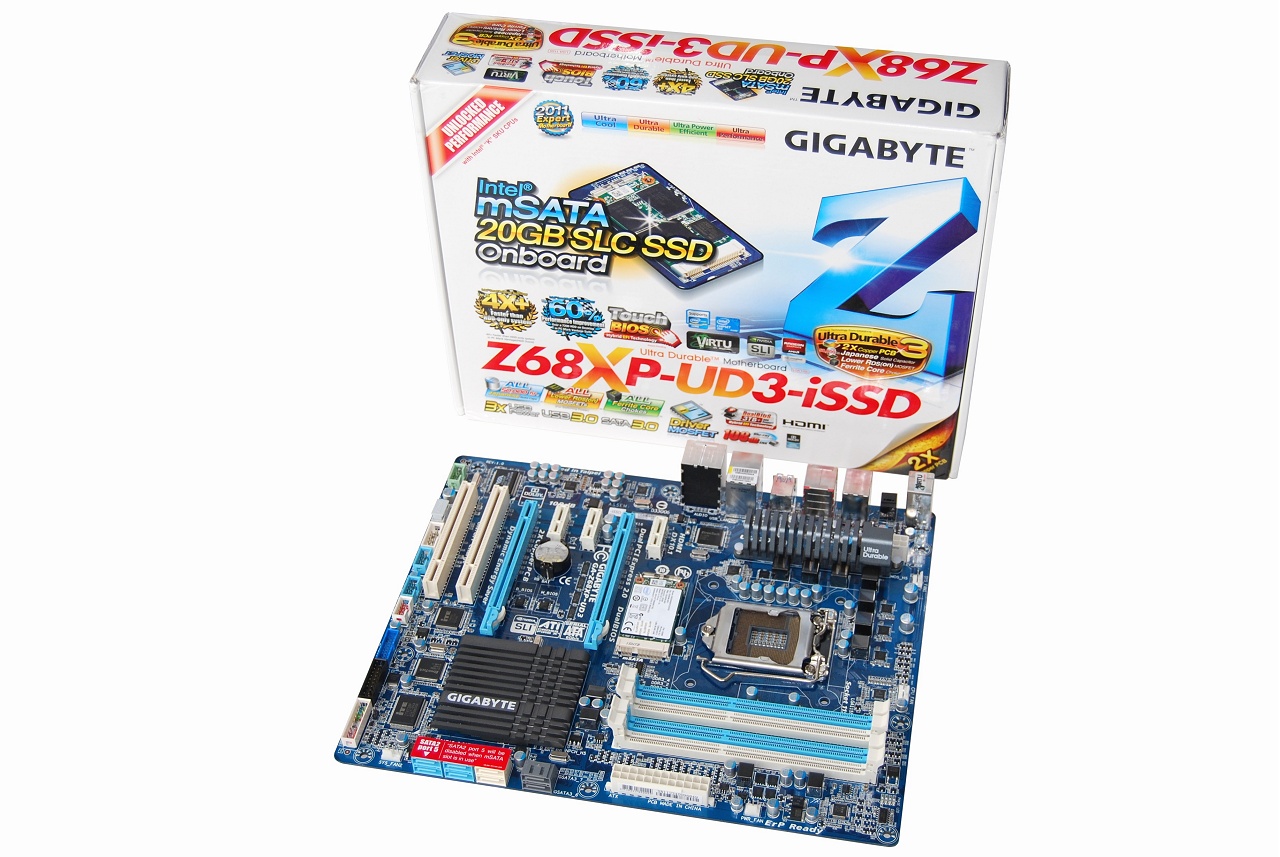To the dismay of some early adopters, Intel updated its Cougar Point chipset lineup only four months after Sandy Bridge's January launch. Debuting at CES, the company's second-generation Core series LGA1155 processors were initially accompanied by consumer two chipsets, the H67 and P67.
Each platform presents a unique value perspective: the cheaper H67 has access to Sandy Bridge's built-in graphics, while the pricier P67 supports Intel's unlocked "K" series enthusiast processors with advanced overclocking options.
Unfortunately, neither chipset offers both features and that forced many consumers into a tight spot. Some users simply don't require a dedicated graphics card, but they might still want to milk a little extra performance out of their processor and memory. That's precisely where the Z68 steps in.

Released in May, the Z68 serves as Intel's enthusiast-level LGA1155 platform. In addition to combining the functionality of its H67 and P67 chipsets, the Z68 offers some impressive new features, including Intel's Smart Response Technology.
Smart Response Technology (SRT) is a hybrid storage solution that effectively marries the zero access time of a speedy flash drive with the massive storage capacity of an inexpensive hard drive. In doing so, users can expect to pay a modest price premium for significant speed gains.
When we first tested SRT in our Asrock Z68 Extreme 4 review last month, the results were impressive, even with a relatively cheap Hitachi Deskstar 7K1000.C 1TB hard drive. Although we didn't witness massive gains across the board, SRT proved to be an efficient hybrid system.

We've seen many impressive Z68 boards since then, but none are more intriguing than what we have today: the Z68XP-UD3-iSSD. Gigabyte's latest Z68 motherboard takes Intel's SRT one step further by including it on-board.
Right out of the box, the Z68XP-UD3-iSSD features an Intel SSD 311 20GB attached via an mSATA connector. Many have complained that the Intel 20GB SLC SSD is too expensive, but we feel $240 for this motherboard/SSD combo is reasonable. How reasonable, you ask? That's precisely what we intend determine.
